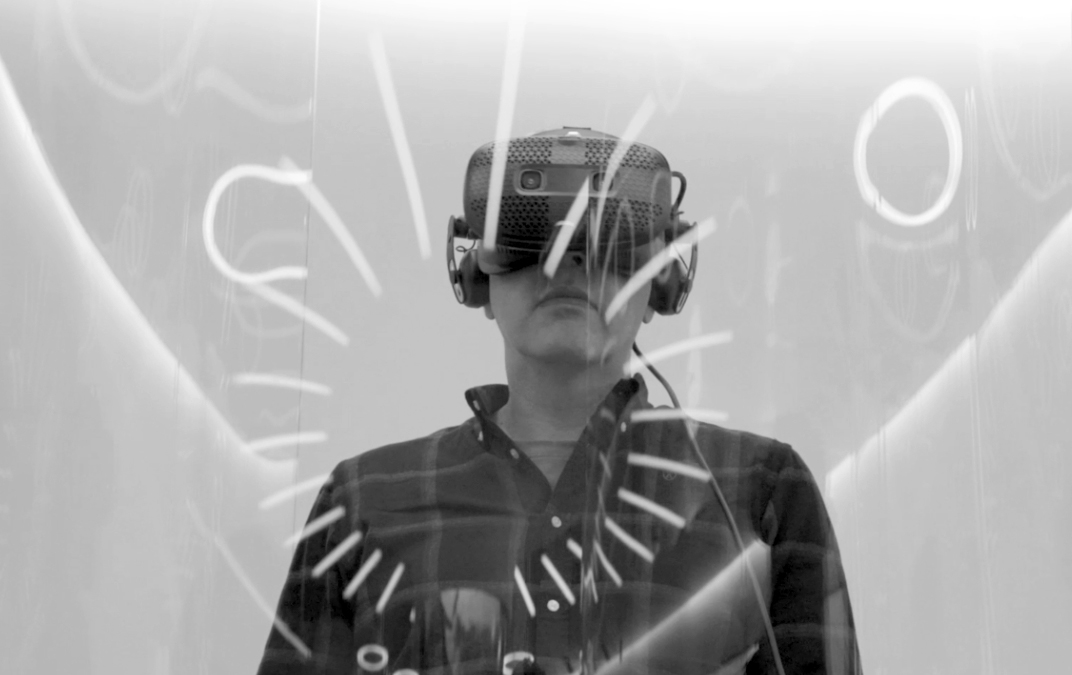Will 2021 be the year of purposeful brands?
- Date
- Written by Alberto Martínez
Article originally written for ABC.
Historically, the most successful brands have been and continue to be those with a clear purpose. From Disney's "Create happiness," which dates back to 1923, to Google's "organise all the world's information and make it universally accessible and useful." From Nike's "inspire and awaken each person's inner athlete" to Dove's "celebrate the unique beauty of every woman." It has always been and will always be the year of purpose-driven brands, because only those types of brands are aware of WHY they do things, and that makes it easier for them to know how to achieve their goals.
In the current trend we have been witnessing in recent times, which is fortunately already permeating all segments of the population, we should differentiate between brands that are incorporating social, sustainability and solidarity aspects, and those brands that are born from that purpose. The second type are brands that seek to do business through the common good, the ability to generate better futures, to make the world a place worth living in, closer to what we used to call a social purpose and what some now coin as brands with a purpose to make an impact.
Within the first block, we would have brands such as Levis and its changes in jeans production, Black Market from Carrefour or Adidas, or national cases such as Estrella Damm.
Brands that are clearly committed to change because they could not, and should not, continue doing things as they did before, and that have struck first in their categories, giving them a competitive advantage over their rivals, supported this time not by product innovation, but by innovation in their essence, in the reason for doing things.
In the second group, we would have brands such as Tomms with a promise as clear and powerful as "we are in business to improve lives", Allbirds with a "made by nature for nature, or our closest ECOALF".
In either case, this is good news, so we should promote it as communication specialists and reward it as consumers, something that is already reflected in numerous studies such as those by Gartner and Accenture.
These analyses mean that in 2021, we should no longer talk about this as a trend, as something that only a few are experimenting with, but rather as an established, almost empirical fact that forces brands that have not yet done so to get down to work in order to avoid being severely punished in their bottom lines. When many of them have not yet overcome the digital transformation, they have already been caught up in the next challenge.
The pandemic has undoubtedly acted as a catalyst in this regard, with social urgency leading to greater scrutiny by consumers of the purpose and specific actions being taken by different brands.
Some took note and responded to this social demand. Seat began manufacturing ventilators, Inditex contributed its entire logistics and contact network to obtain PPE, SAS trained flight attendants to provide healthcare support and made them available to the authorities... and those actions, those messages, became the best initiatives for the reputation of those brands.
Today we are witnessing a huge crisis of confidence. People no longer trust governments, the media, let alone companies. This climate, coupled with consumers' unrestricted access to information, has meant that expectations of brands have never been higher.
Today, it is not enough to simply do something and do it well, for your product to be useful, taste good or look nice. Today, what matters, and matters a great deal, is the why do I make that product and above all the how do I do it. The famous resolution we were talking about earlier.
The pandemic, as in many other areas, has shaken brands and made them see more clearly that the product is the foundation, but it does not guarantee success, and that intangibles such as purpose, culture, and brand stature are essential.
BRANDS, in capital letters, will emerge stronger, but that word is constructed differently today than it was before.
In times of COVID, importance is given to aspects that were not previously considered, which have been transformed into corporate messages:
- Quick reaction to circumstances when making executive decisions.
- The pandemic has shown us that society and businesses are much more malleable and fluid than we thought. Huge corporations have switched to teleworking in less than a week as if nothing had happened, something that would have been unthinkable for them just months ago. This has been a huge demonstration and a powerful message both internally and externally.
- A collaborative attitude. Major social upheavals always bring with them gestures of solidarity, collaboration and teamwork. This attitude in companies, preferring to earn a little with many rather than a lot alone, to grow exponentially rather than arithmetically thanks to collaboration... Collaboration is another of the messages that has been reinforced.
- Take advantage of the momentum generated by the pandemic, which has broken down many existing barriers, to move forward, improve, learn and grow. Don't look back; face the future with hope and positivity, building on the progress we are experiencing. That message also sets brands apart.
- Work as part of cocooning. The famous comfort zone has been reinforced, and work is an important part of it. Worker-centric organisations are highly valued today and, I dare say, will be required in the future.
Finally, another important aspect is the way in which these messages have been conveyed. Not only through traditional channels such as media coverage, social media and advertising spots, but also by showing us the importance of our companies' main asset in amplifying these messages: our people, who, proud of their companies, posted, shared, commented and talked about how their company was handling the situation.
One final consideration to bear in mind is how this brand purpose influences the creation of a campaign or image by an advertising agency. Here we can refer to what Laurence Peter said: "If you don't know where you're going, you might end up anywhere."
Communication and advertising professionals always demand a good briefing, a clear and concise assignment, at the start of any project. Knowing what we have to say, what we need to convey, is by no means synonymous with curtailing or pigeonholing ideas. On the contrary, it is a guide, a compass that points us in the direction we need to go as a brand.
Apple has been doing things that reflect its Think different, Nike lo que lanza lo hace desde su Just do it, Red Bull is just like its product that "gives you wings"... They are crystal clear about why they exist and how they should communicate this. These brands have generated many of the greatest advertising campaigns in history and will continue to do so because their purpose is perfectly defined and, most importantly, they stick to it strictly.

